News and Opinion
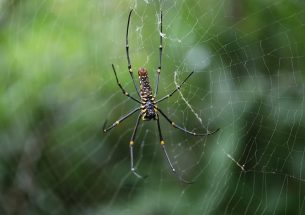
Orb-weaver spiders’ yellow and black pattern helps them lure prey
READ MORE about Orb-weaver spiders’ yellow and black pattern helps them lure preyNew study: are teen seabirds safe?
READ MORE about New study: are teen seabirds safe?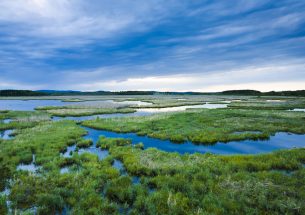
Nature-based Solutions to Climate Change and Biodiversity Challenges: Call for Expertise
READ MORE about Nature-based Solutions to Climate Change and Biodiversity Challenges: Call for Expertise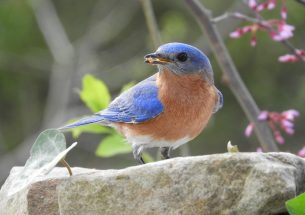
Feeding bluebirds helps fend off parasites
READ MORE about Feeding bluebirds helps fend off parasites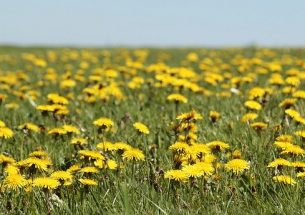
Why the British Ecological Society President mows round the dandelions in her lawn
READ MORE about Why the British Ecological Society President mows round the dandelions in her lawn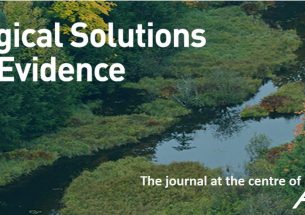
British Ecological Society launches new journal: Ecological Solutions and Evidence
READ MORE about British Ecological Society launches new journal: Ecological Solutions and Evidence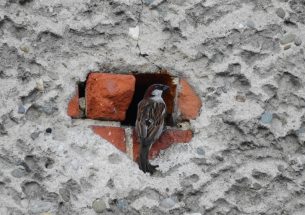
Energy-saving modernisation of villages may reduce farmland bird numbers
READ MORE about Energy-saving modernisation of villages may reduce farmland bird numbers
Closer scientific collaboration needed to save orangutan, say leading experts
READ MORE about Closer scientific collaboration needed to save orangutan, say leading experts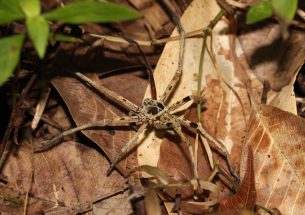
Global study finds predators are most likely to be lost when habitats are converted for human use
READ MORE about Global study finds predators are most likely to be lost when habitats are converted for human use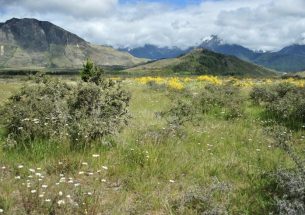
The temporal dimension of the ‘alien attack’ in plant-pollinator communities
READ MORE about The temporal dimension of the ‘alien attack’ in plant-pollinator communities
Parliament and policy-making: the importance of collaborative work between scientists and policy makers.
READ MORE about Parliament and policy-making: the importance of collaborative work between scientists and policy makers.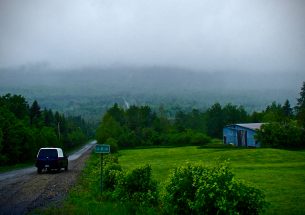
Climate change unlikely to drive sugar maples north
READ MORE about Climate change unlikely to drive sugar maples north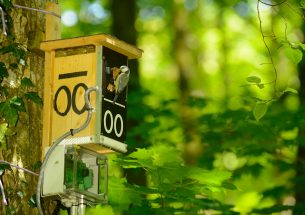
First come, first bred
READ MORE about First come, first bredFish species benefit from marine protection to varying extents – common and exploited species profit most
READ MORE about Fish species benefit from marine protection to varying extents – common and exploited species profit most